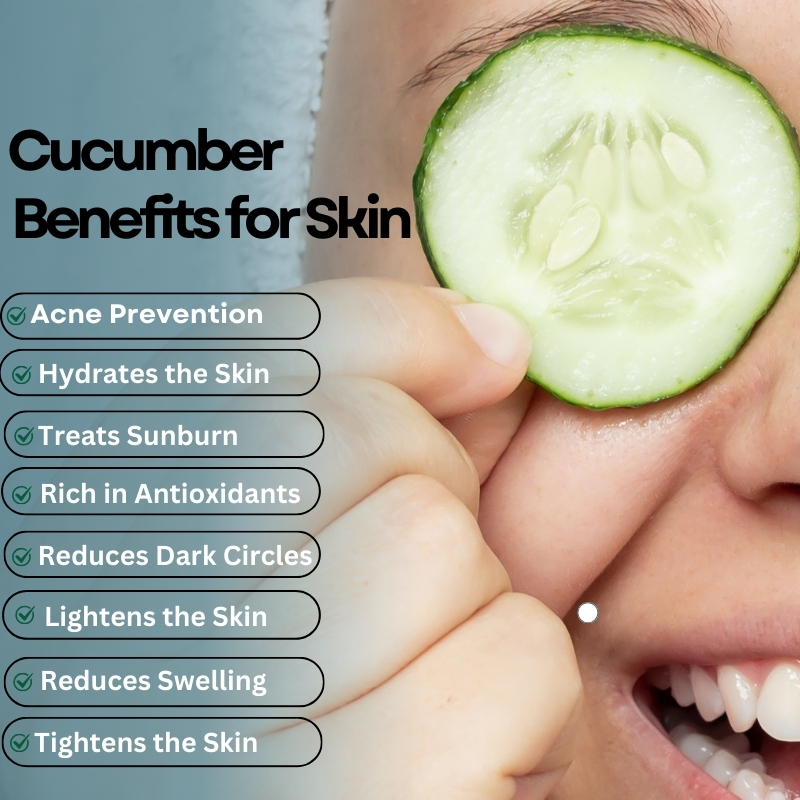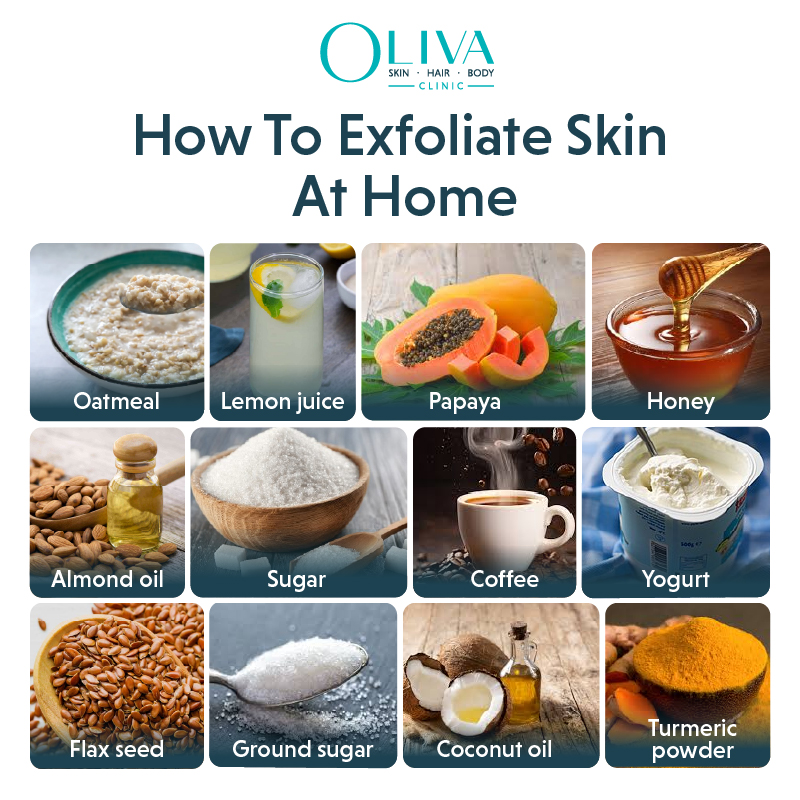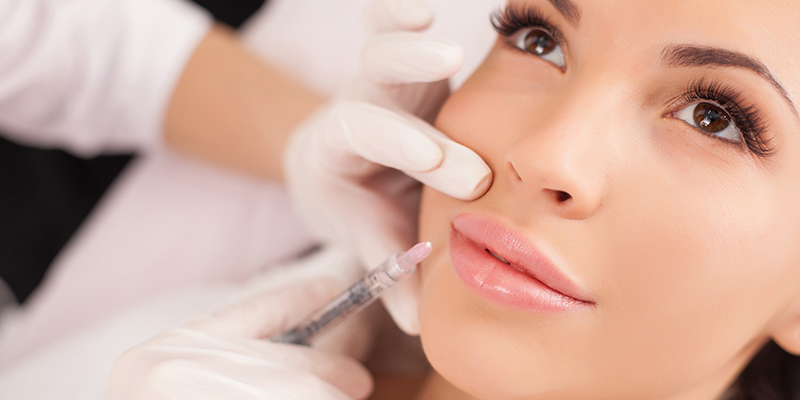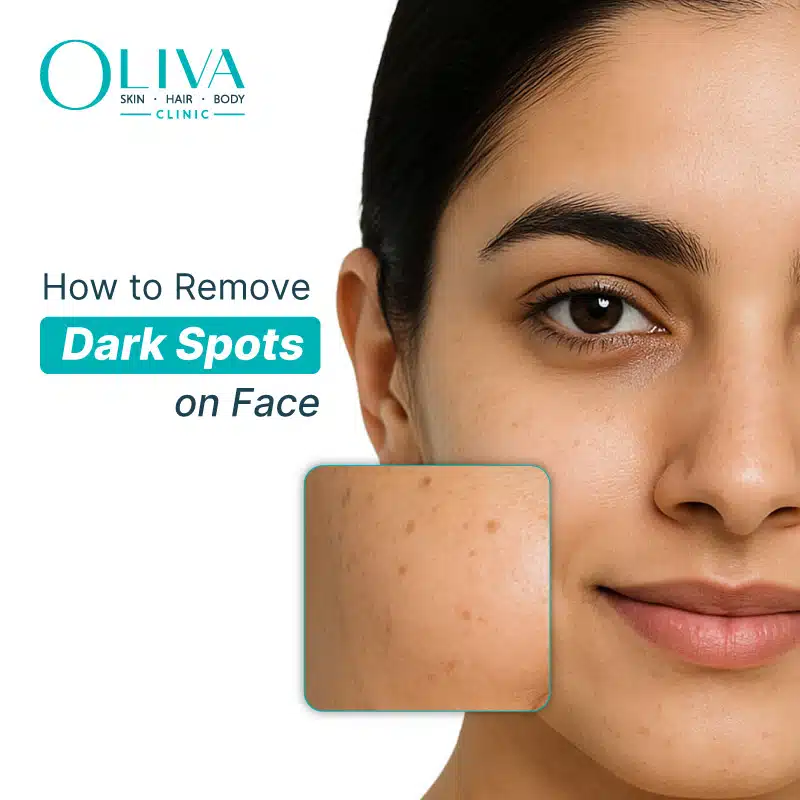In This Article
What Is Exfoliation? – Types, Benefits And Side Effects
Exfoliation is a vital yet often ignored step in an effective skincare routine. It is essential to remove dead skin from the skin’s surface to make room for new, fresh skin cells. Being aware of the benefits of exfoliation and including it in the skincare regime helps significantly improve skin health. This blog will answer all your questions, including what is exfoliation and its types and procedures. We will also discuss the many benefits of exfoliating and recommendations based on your skin type.
In This Article

What is Exfoliation?
Exfoliation aims to eliminate dead skin cells from the skin’s outer layer [1]. Several methods, including mechanical treatments, chemical peels, and physical exfoliation, help achieve this. Removing dead skin cells reveals fresh and brighter skin underneath, making your skin appear younger and more radiant.
Why Should You Exfoliate?
Exfoliating your skin is essential for maintaining a healthy and vibrant appearance. As we age, skin cell turnover slows down. [2] Exfoliation helps clear dead cells and increases the new cell turnover rate. Regularly exfoliating stimulates more collagen production, which helps your skin look firm, smooth, and youthful. So, exfoliating is like giving your skin an anti-ageing boost!
Benefits of Exfoliation
Here are some of the top benefits of exfoliating face:
Unclogs Pores
Pores clogged with dead skin cells, dirt and oil can lead to acne. Exfoliation helps unclog these pores, revealing healthier, rejuvenated skin.
Improves Skin Texture
Exfoliating your skin brings out a more even and soft texture as it smoothens rough patches. It also corrects the pigmentation in the skin.
Prevent Breakouts
Debris, dirt, dead skin cells and oil accumulate on the skin, causing acne and breakouts. Exfoliation helps remove all the dirt and oil and clears them, preventing breakouts.
Removes Dead Skin Cells
Dead skin cells build up and make your skin look dull. Following a skincare routine with exfoliation helps remove the dead skin cells, giving you a more active appearance by bringing out newer skin.
Helps absorption of Skin Care Products
Exfoliating your skin helps it absorb other skincare products better. So, your toners, serums, and moisturisers will work better on exfoliated skin.
Treats Uneven Skin Tone
Exfoliation can help treat uneven skin tone by promoting the creation of new, healthy skin cells and shedding pigmented and damaged skin cells.
Increases Collagen Production
Exfoliation stimulates collagen formation, one of the top benefits of exfoliating face. It also helps maintain the firmness and elasticity of the skin, [3] which may result in a younger-looking appearance.
Provides Smoother Skin
Regular exfoliation helps gently remove the buildup of dead skin cells, leading to much smoother and more radiant skin. By eliminating dry, rough spots, exfoliation brings out the softer skin underneath.
Boosts Blood Flow
Exfoliating the skin can increase blood flow, maintaining and nourishing the skin’s cells. [4] Improved circulation may also bring a healthy, natural glow to your complexion.
Prevents Ageing Skin
Exfoliation stimulates cell renewal, reducing the appearance of fine lines and wrinkles. This process helps prevent the signs of ageing and promotes youthful, radiant skin.
Enhances Moisture
Exfoliating your skin can improve its ability to retain moisture by removing dead cells that may restrict the absorption of moisturising products.
Reduces Wrinkles and Fine Lines
Frequent exfoliation promotes the production of collagen and cell regeneration, which smooths out wrinkles and fine lines and gives the complexion a more youthful appearance.
Types of Exfoliation
Exfoliation is of three types, as mentioned below:
Physical Exfoliation
Physical exfoliation involves manually cleaning the skin with a rough material, like a brush or scrub. If not done carefully, this can also damage your skin. Therefore, it is important to select an exfoliant that suits your skin type.
Chemical Exfoliation
During chemical exfoliation, acids or enzymes dissolve dead skin cells.[5] Alpha hydroxy acids (AHAs), like glycolic acid, and beta hydroxy acids (BHAs), such as salicylic acid, are common exfoliants that penetrate deep into the skin and help deal with specific skin concerns.
Mechanical Exfoliation
This exfoliation involves removing dead skin cells with specialised equipment, such as tools for dermaplaning or microdermabrasion. Dermatologists or professionals usually perform these treatments, offering a more thorough exfoliation.
What is the Best Exfoliating Technique for Your Skin Type?
Besides knowing what is exfoliation, it is also essential to understand how each exfoliant works differently for each skin type. Using an exfoliant in your skincare regimen that suits your skin type helps reap the benefits. Otherwise, it can do more harm than good.
Exfoliants for Normal Skin
People with normal skin can use both physical exfoliants with tiny, smooth beads and granules and mild chemical exfoliants. Some mild chemical exfoliants include lactic acid and glycolic acid. They work by loosening and removing dead skin cells from the surface. These products will help maintain smooth and healthy skin.
Exfoliants for Acne-Prone and Oily Skin
Beta Hydroxy Acids (BHAs) are highly effective exfoliants for oily and acne-prone skin. They penetrate the skin and break down excess oil and sebum, managing and preventing acne breakouts.
Exfoliants for Sensitive Skin
People with more sensitive skin should use products that are gentle on the skin, like glycolic acid. These gentle products help remove dead skin cells without harming or damaging the skin, resulting in a fresh and revitalised look.
Exfoliants for Dry Skin
Chemical exfoliants are the best option for dry skin. They help remove dead skin cells without making the skin more dry. Glycolic acid is an effective chemical exfoliant recommended for dry skin. However, following up with a moisturiser is essential to keep the skin healthy.
Exfoliants for Combination Skin
People with combination skin can use various types of exfoliants to address different concerns across their faces. Choose different products for specific areas, such as a gentler AHA for dry patches and a BHA for an oily T-zone.
How to Exfoliate Skin?
Here are some steps on how to exfoliate your skin:
- Choose the Right Product: Choose an exfoliant according to your skin type.
- Cleanse Your Face: Start with a cleanser to wash your face and remove any dirt.
- Apply the Exfoliant: Use gentle circular motions to apply the exfoliant. When using a scrub, be careful not to scrub too hard.
- Rinse Thoroughly: Rinse out the product with lukewarm water.
- Moisturise: Follow up with a moisturiser to keep your skin hydrated and healthy.
- Frequency: Exfoliate 1-2 times a week, depending on your skin type and the exfoliant used.
What Are the Side Effects of Over-Exfoliation?
The dangers of over-exfoliation are more than one can assume. Over-exfoliating can harm your skin by stripping it of its natural oils, resulting in dryness and irritation. It can make your skin more sensitive and vulnerable to environmental damage. Additionally, over-exfoliation may cause redness, inflammation, and even contact dermatitis. Rather than reducing acne, it can exacerbate the condition by stimulating increased oil production in the skin. Moderate exfoliation is always a preferable option.
Takeaway
Exfoliation is crucial to any skincare routine. It offers several benefits, from unclogging pores to improving skin texture and boosting collagen production. Understanding the different types of exfoliants and choosing the right one for your skin type can make all the difference. Remember to exfoliate regularly but not excessively to maintain a healthy, glowing complexion.
Frequently Asked Questions On Exfoliation
Yes, exfoliation is good for the skin. It removes dead skin cells, unclogs pores, and enhances the absorption of skincare products, leading to a healthier, more radiant complexion.
Exfoliating can help remove the top layer of dead skin cells, which may reduce the appearance of a tan over time.
Exfoliation can help brighten the skin by removing dead cells and promoting cell turnover, but it does not necessarily lighten the skin tone.
Dermatologists often recommend products containing AHAs or BHAs, such as glycolic acid and salicylic acid, for their effectiveness in exfoliating and improving skin texture.








